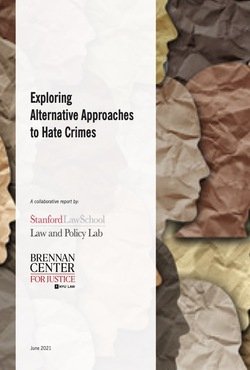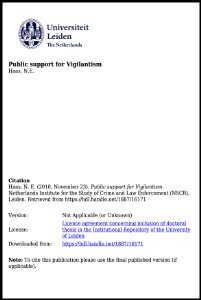By Axel Muganwa RUDAKUBANA (AMR
This Prevent Learning Review (hereafter ‘Review’) was commissioned to examine the Prevent involvement with Axel Muganwa Rudakubana (AMR) prior to the tragic attack which led to the loss of three young lives, which AMR is alleged to have committed, on 29 July 2024 in Southport. This is done with the aim of identifying effective practice, organisational learning opportunities and any further areas for development. It is fully recognised that at commencement of this review, prosecution has commenced with authorisation of charges. Criminal proceedings are therefore active (sub judice). The Reviewer is therefore mindful that the Review must not jeopardise or influence the ongoing judicial and coronial processes and has complied with guidance from the Crown Prosecution Service (CPS) in undertaking the Review. AMR was referred to Prevent three times. The first referral was received from AMR’s teacher on 5 December 2019. The teacher reported a number of concerns regarding behaviours which included being excluded from his previous school for carrying a knife and searching for mass school shootings on the internet using his school account. After a discussion with Prevent officers (CTCOs) in which AMR accounted for his internet searches, the case was closed on the Prevent system on 31 January 2020. Acknowledgement is made that AMR is extremely vulnerable but there are no CT/DE concerns and appropriate agencies are already in place to support him. A second referral was received from AMR’s previous school on 01 February 2021. It was reported that a pupil had showed them [social media] posts by AMR which they were concerned about and felt AMR was being radicalised. The CTCO acknowledged the previous referral, however considered the [social media] posts to be not CT/DE relevant and the case was closed on 17 February 2021. A third referral was received from AMR’s teacher on 26 April 2021. It reported that AMR had been observed with internet tabs open during a lesson showing a search for London Bomb and seemed to have a passionate interest in Israel/Palestine conflict, MI5 and the IRA. The CTCO acknowledged the previous two referrals but considered that AMR’s needs were currently met outside of Prevent and there were no CT/DE concerns to address. The case was closed on 10 May 2021. Overall, the Reviewer considers there to have been a high level of compliance by the Prevent officers with process timescales, assessment completion and adherence to policy that were in place at the time. However, although processes and polices have been largely followed, it is the subjective decisions that have come into focus and AMR should have been referred to Channel. The Review identifies several areas for learning to strengthen risk assessments, particularly around understanding indicators of radicalisation where a coherent ideology is not present and recognising the potential risk from repeat referrals. A number of recommendations have been identified through this review. These include strengthening training and guidance, changes to terminology used within Prevent, and improving assurance processes.
Prevent (Homeland Security Group, Home Office) and Counter Terrorism Policing Headquarters , 2025. 55p.






